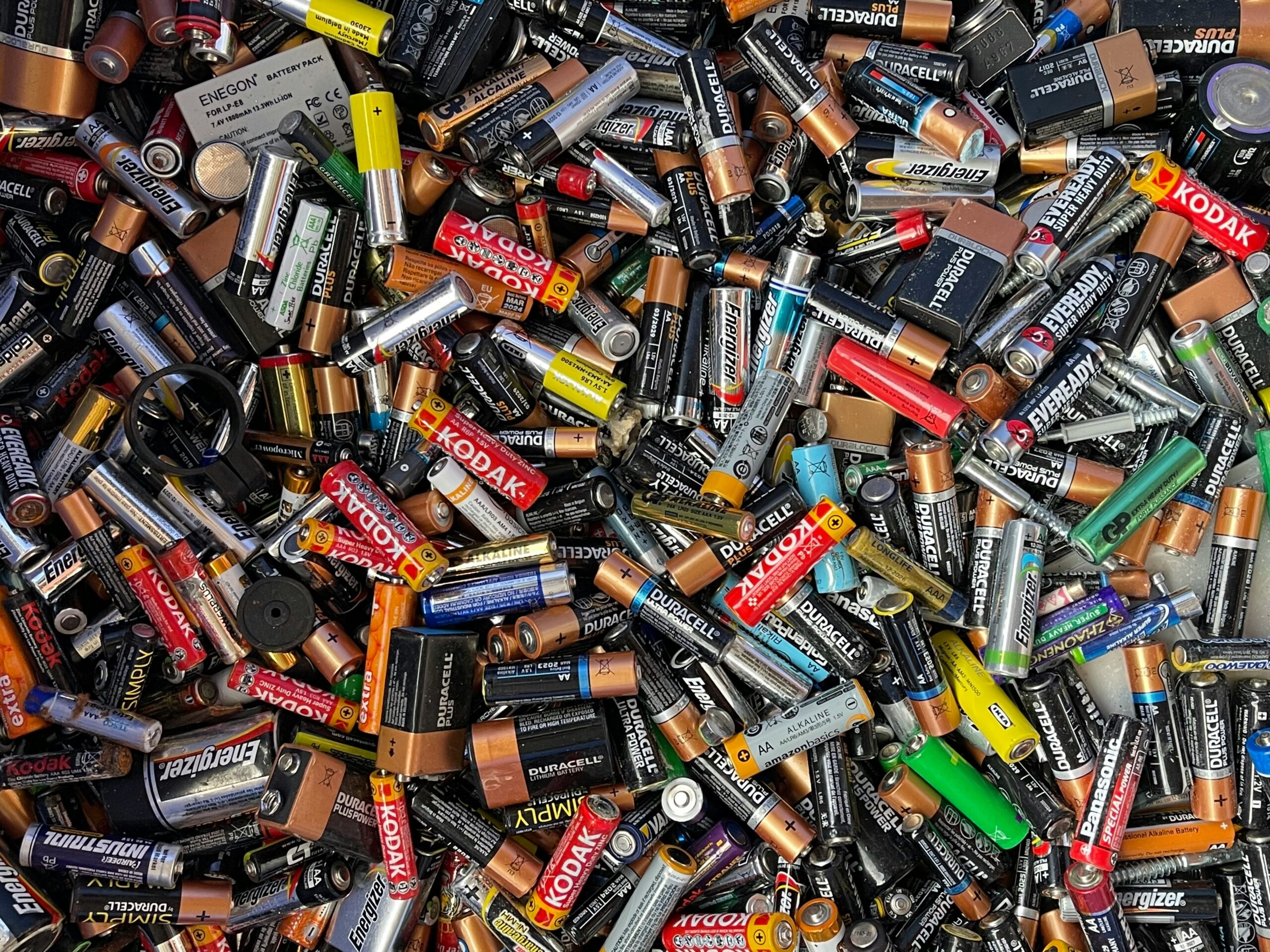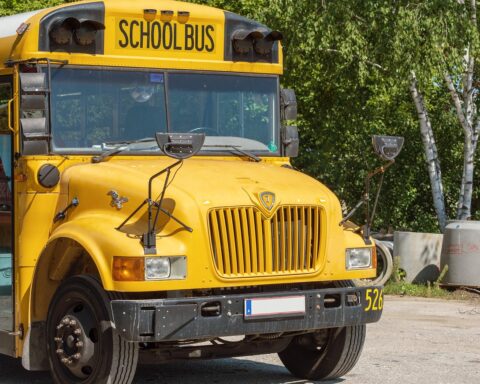In a sweeping initiative to increase battery recycling, the U.S. Department of Energy is pouring $14 million into creating a nationwide network of over 1,000 sites where used batteries can be dropped off.
The project seeks to transform how Americans dispose of their spent batteries, from AA and AAA batteries to defunct power packs for devices like laptops, smart phones, watches and other rechargeable devices. In addition to expanding the recycling network, the projects also include marketing strategies to encourage Americans to participate.
“We’re making it easier to recycle batteries from old cellphones and laptops — in turn allowing us to reuse the critical minerals we would normally source from China for new clean energy manufacturing,” U.S. Secretary of Energy Jennifer M. Granholm said in a press release.
The hunger for batteries has been steadily growing, fueled first by the explosion in consumer electronics and more recently by the electric vehicle boom and the renewable energy sector’s need for battery storage. As e-waste continues to pile up in landfills, valuable minerals lie dormant in discarded devices. At the heart of this recycling push lies the need for minerals such as nickel, lithium and graphite. By creating a circular economy, the program aims to address environmental concerns while bolstering domestic mineral supplies.
The DOE’s Office of Manufacturing and Energy Supply Chains stands at the helm of the recycling initiative, steering funds allocated by the 2021 Infrastructure Investment and Jobs Act into tangible action. The office focuses on investments in U.S.-based manufacturing that will benefit energy systems. So far it has selected 71 projects across 38 states through various programs. With the $14 million for a battery recycling network, the office will work with two major retailers in creating sites to enable battery recycling.
One office retail giant, Staples, is set to play a pivotal role, equipped with a $7 million grant. The company’s blueprint involves dotting the retail landscape with recycling centers, adding approximately 375 new locations over three years to its existing network of about 1,000 participating stores. This expansion is aimed at turning battery recycling into more of a routine errand for many Americans by making it accessible in most communities.
Another company that runs specialty stores for batteries, Batteries Plus, has also secured $7 million for the program. The battery retailer’s strategy takes aim at eliminating recycling fees to incentivize consumer participation, launching educational campaigns to raise awareness, and developing streamlined workstations to boost efficiency across its store network of more than 700 locations. The company even plans to enlist professional sports teams in its quest to make battery recycling more commonplace.
“At DOE we’re excited to help create a circular, sustainable domestic supply chain,” Granholm said.
Photo by John Cameron on Unsplash













